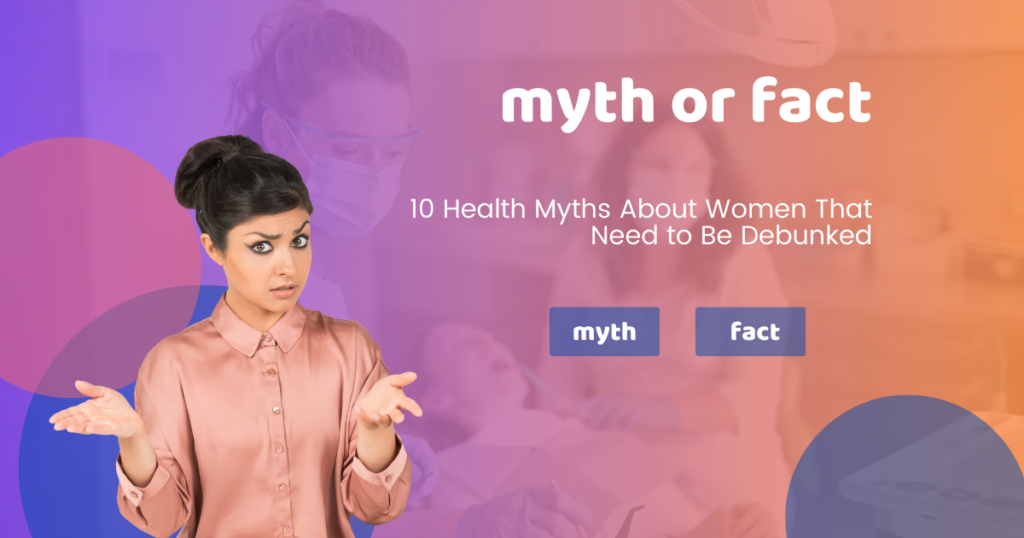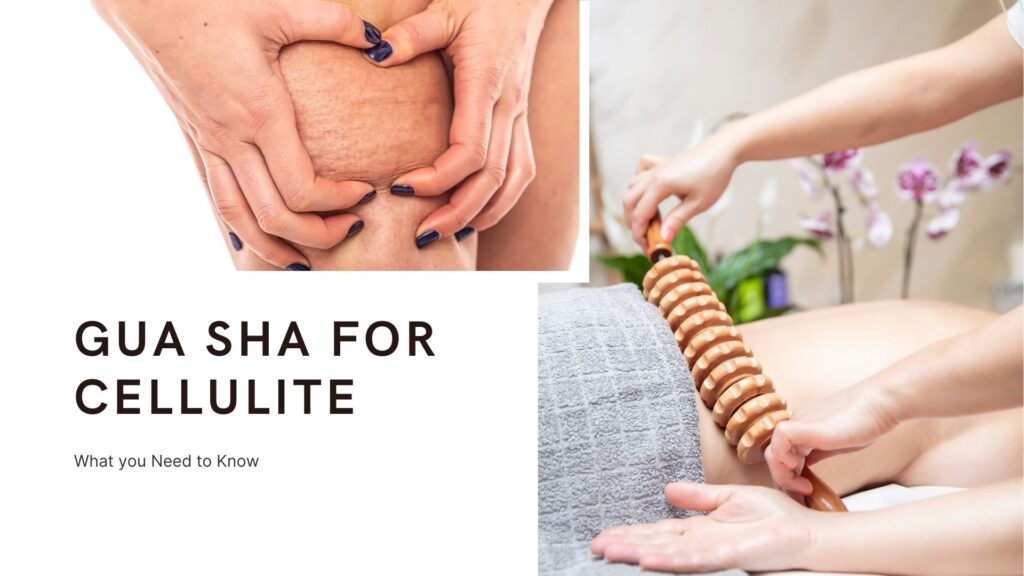10 Health Myths About Women That Need to Be Debunked
Myth: Women don’t need to worry about heart disease until later in life.
Fact: Heart disease can affect women at any age, and women should be proactive about maintaining good heart health throughout their lives. In fact, heart disease is the leading cause of death for women in many countries, including the United States.
Myth: Women who lift weights will get bulky.
Fact: Weightlifting can be an effective way for women to build strength and improve their overall health, without necessarily getting bulky. Women have less testosterone than men, which makes it harder for them to bulk up through weightlifting alone.
Myth: Women shouldn’t exercise during pregnancy.
Fact: Exercise can be safe and beneficial for most pregnant women, as long as they receive approval from their healthcare provider and modify their workout routine as needed. Exercise during pregnancy can help reduce the risk of complications, promote a healthy birth weight, and improve postpartum recovery.
Myth: Women don’t need to worry about bone health until after menopause.
Fact: Building strong bones should start in youth and continue throughout life, as women are at risk for osteoporosis as they age. A diet rich in calcium and vitamin D, along with regular exercise, can help prevent bone loss and maintain strong bones.
Myth: Pap smears detect all types of cervical cancer.
Fact: While Pap smears can detect abnormal changes in cervical cells that may lead to cancer, they don’t detect all types of cervical cancer. Additional testing, such as an HPV test, may be needed to accurately screen for cervical cancer.
Myth: Women shouldn’t lift heavy objects during menstruation.
Fact: Menstruation doesn’t affect a woman’s ability to lift heavy objects safely, as long as she uses proper form and technique. However, women may experience changes in strength and energy levels during their menstrual cycle, so they should listen to their body and adjust their workouts as needed.
Myth: Women who are pregnant should avoid all seafood.
Fact: Certain types of seafood can be safe and provide important nutrients during pregnancy, while others should be avoided due to the risk of mercury contamination. Pregnant women should consult their healthcare provider and follow guidelines for safe seafood consumption during pregnancy.
Myth: Women shouldn’t drink coffee while pregnant or breastfeeding.
Fact: Moderate caffeine intake is generally safe during pregnancy and breastfeeding, but excessive caffeine consumption should be avoided. Pregnant women should limit their caffeine intake to 200 milligrams per day or less, which is roughly one 12-ounce cup of coffee.
Myth: Women who have had a hysterectomy don’t need to get regular pelvic exams.
Fact: Pelvic exams can still be important for detecting certain health issues, even after a hysterectomy. Women who have had a hysterectomy may still be at risk for ovarian or other types of cancer, and regular pelvic exams can help detect any abnormalities.
Myth: Women don’t need to worry about skin cancer as much as men.
Fact: Women can still develop skin cancer and should take precautions to protect their skin from the sun, especially if they have a family history of skin cancer or other risk factors. This includes wearing protective clothing, using sunscreen, and avoiding tanning beds.
By debunking these common health myths about women, we can empower women to take charge of their health and make informed decisions about their wellbeing.




